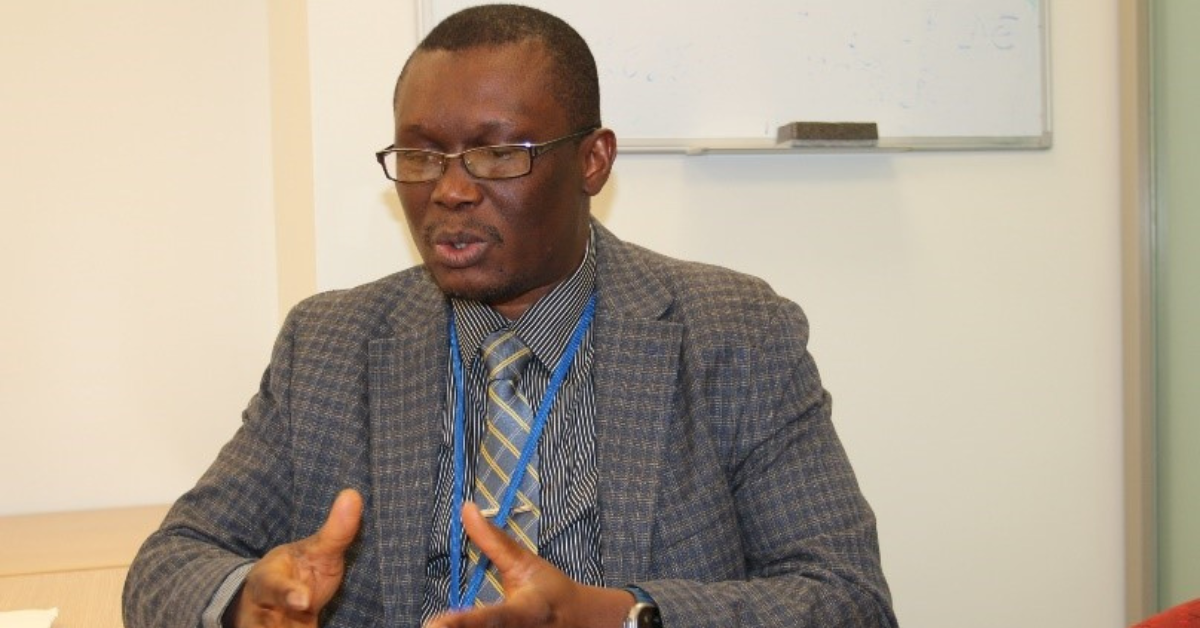In a recent interview following the IMF and World Bank Annual Meetings in Washington, Financial Secretary Matthew Dingie outlined Sierra Leone’s ambitious plans to enhance revenue mobilization and improve the efficiency of government spending.
Dingie candidly acknowledged the government’s ongoing challenges with domestic revenue collection, noting that Sierra Leone’s current revenue-to-GDP ratio of 7-8% falls significantly short of the 15-20% benchmark necessary for effective service delivery.
He stressed the critical role of technology in bridging this gap: “We believe that human interaction in assessing and collecting revenue is still too high, leaving room for compromise. This is why we think technology will greatly enhance domestic mobilization.”
The Financial Secretary shared plans to automate up to 95% of domestic tax collection, a move he believes will improve compliance and boost revenue. However, he pointed to the mining sector as a particular area of concern: “While Sierra Leone is often labeled a resource-rich country, the benefits of our mineral wealth are not adequately reflected in government revenue.”
To tackle this issue, Dingie announced plans for significant reforms in the mining sector, advocating a shift from a royalty-based revenue model to a system based on state participation and sharing of export proceeds.
He explained, “We want to move away from the royalty methodology that has been in place for the past 30-40 years and explore how we can share revenues based on what mining companies are generating through exports.”
On the expenditure side, Dingie defended the government against criticisms of excessive spending highlighting efforts to control costs – that often go unnoticed:
“When the government saves money, it can be hard to see the tangible effects. However, we are implementing measures to cut down on spending.”
He cited ministerial directives for expenditure control and rigorous scrutiny of budget requests as evidence of the government’s commitment to fiscal responsibility.
Dingie noted that the final approved budgets often represent only a fraction of initial requests, indicating a thorough vetting process: “By the time the budget is approved, we often allocate only about one-tenth of the initial requests, demonstrating our focus on prioritizing essential expenditures.”
As Sierra Leone navigates its economic – challenges, Dingie’s insights reveal a government striving to manage its resources effectively while maintaining fiscal discipline. With a forward- looking approach that emphasizes technological solutions and mining sector reforms, the government aims to ensure prudent financial management in a developing economy.











